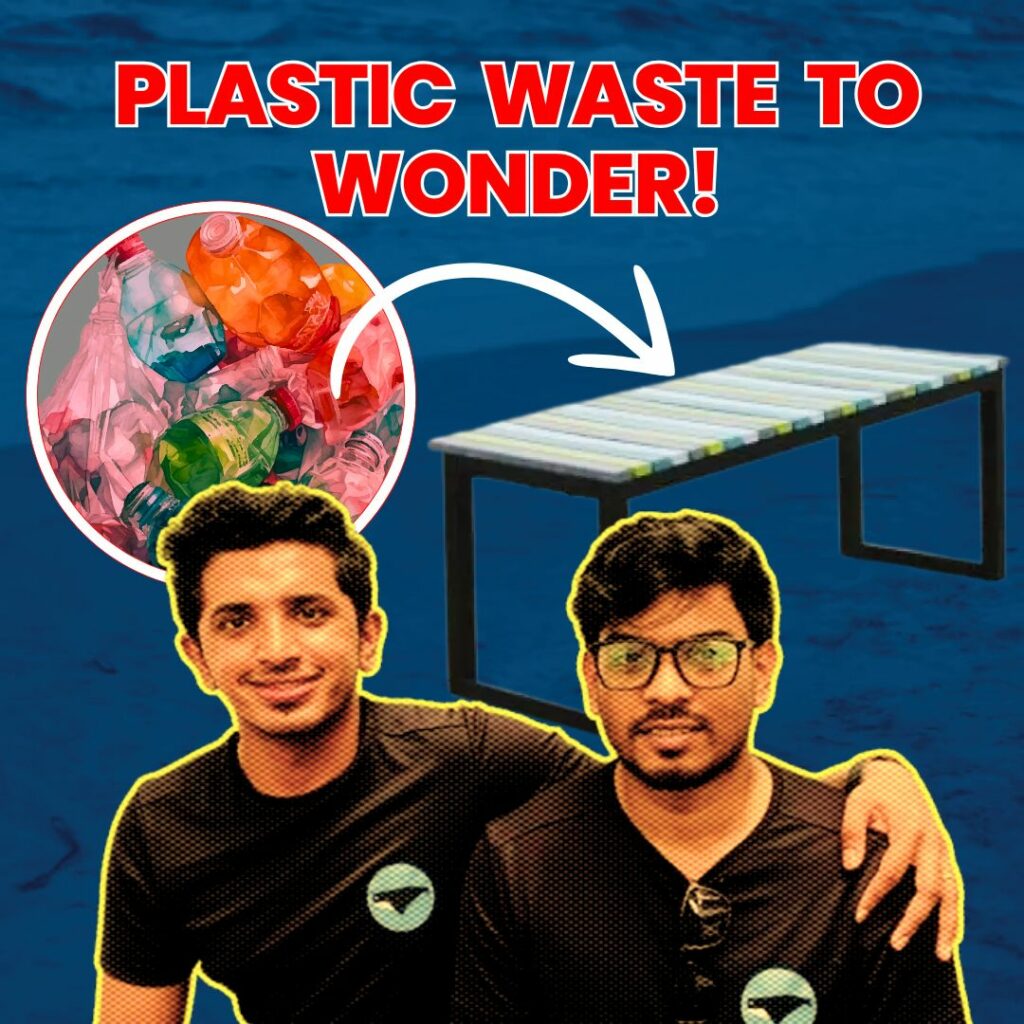The culinary world is witnessing a paradigm shift with the rise of solar cooking, a sustainable and eco-friendly approach that taps into the power of renewable energy. As the world focuses on sustainability and embraces eco-friendly technologies, solar cookers have emerged as a game-changer, offering energy-efficient, cost-effective, and environmentally friendly solutions to individuals and communities around the globe.
Solar cookers play a crucial role in reducing our dependence on non-renewable resources like fossil fuels. By harnessing the abundant and free energy from the sun, these cookers contribute to a significant reduction in carbon footprints and combat deforestation and air pollution associated with traditional cooking methods. The global push for sustainability and eco-friendly technologies has fueled the adoption of solar cooking, especially in regions with high solar exposure.
Major players in the Solar Cooker Market, such as Sun Oven International and All Season Solar Cooker, are leveraging partnerships and collaborations to gain substantial market share. With a focus on innovation, these players are driving advancements in solar cooking technology, making devices more portable, user-friendly, and capable of reaching higher temperatures. The market is also witnessing increased government support, with some offering incentives and subsidies to encourage the adoption of renewable energy technologies, including solar cookers.
The Solar Cooker market is segmented into various types, including Box Cooker, Solar Panel Cooker, and Solar Parabolic Cooker. Solar box cookers, known for their simplicity and affordability, are gaining popularity, particularly in rural areas with limited access to conventional fuel sources. The market is further categorized based on applications, with solar cookers primarily utilized for residential cooking, providing clean, renewable, and cost-effective alternatives, especially in developing countries.
History and Working Principles
The concept of solar cooking dates back to ancient civilizations, with the first academic description by Horace-Bénédict de Saussure in 1767. Solar cookers operate by concentrating sunlight onto a cooking vessel, either through mirrored surfaces or reflective panels. The cooking process involves converting light energy to heat energy, trapping heat energy, and achieving temperatures suitable for various culinary activities.
Solar cookers boast several advantages, including high thermal efficiency, reduced environmental impact, and the elimination of fuel costs. However, challenges such as limited use in cloudy weather and longer cooking times for some foods require users to adapt and integrate alternative cooking sources for a comprehensive solution.
Solar cooking is not merely a culinary trend; it’s a transformative movement towards sustainable living. With technological advancements, supportive government policies, and a growing awareness of environmental impact, solar cookers are poised to play a vital role in shaping the future of global cuisine. As the world embraces cleaner and greener alternatives, the solar cooking revolution is well underway, offering a beacon of hope for a more sustainable and eco-friendly world.
Also Read: Empowering Tomorrow’s Workforce: NEP 2020 Propels Vocational Education Across Schools











